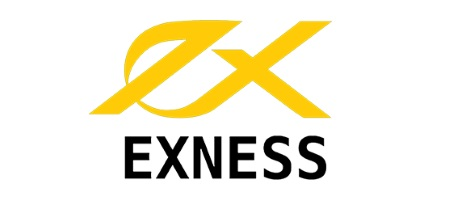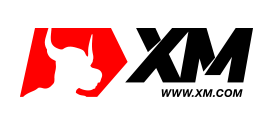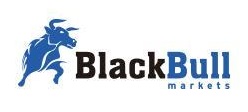Indices Trading: A Solid Investment Opportunity
Indices trading allows investors to gain exposure to a whole market or sector by investing in a basket of stocks. In this short guide we will explore everything you need to know about indices trading, including the types of indices, their components, and trading strategies.
There are three main types of indices:
- Benchmark Indices: These indices represent the overall performance of a stock market or economy. They are used as a benchmark to measure the performance of investment funds and portfolios. Examples include the S&P 500 and the Dow Jones Industrial Average.
- Sectoral Indices: These indices track the performance of a particular industry or sector. For instance, the technology sectoral index tracks the performance of technology stocks such as Apple, Microsoft, and Google.
- Market-Cap Based Indices: These indices are calculated based on the market capitalization of the companies included. Companies with larger market capitalization have a greater influence on the index. Examples include the Russell 2000 and the FTSE 100.
Indices can be made up of a variety of stocks, including:
- Blue-chip stocks: These are stocks of well-established, financially stable companies with a long history of consistent performance.
- Growth stocks: These are stocks of companies that are expected to grow at a faster rate than the overall market.
- Value stocks: These are stocks of companies that are considered undervalued by the market.
Trading Strategies
There are many different trading strategies that you can use in indices trading. Here are some common strategies:
Trend-following: This strategy involves identifying trends in the market and following them.
Contrarian: This strategy involves going against the market trend and investing in stocks that are undervalued.
Buy and hold: This strategy involves buying stocks in the index and holding them for a long period of time, usually several years.
Risk Management
As with any investment, there are risks involved in indices trading. It's important to manage your risk carefully by setting stop-loss orders and avoiding overtrading or trading with too much leverage. Keep up with economic news and events that can affect stock market values.
Indices trading is a great way to gain exposure to a whole market or sector. By understanding the different types of indices, their components and trading strategies you can make informed investment decisions! With the right knowledge and strategy, indices trading can be a decent investment opportunity.
Below you will find a selection of regulated and safe brokers that facilitate Indices trading:
EXNESS
EXNESS main features and highlights
Regulation
FCA, CySEC, FSA, CMA, FSCA, CBCS, FSC, FSC
Headquarters
Limassol, Cyprus
Year founded
2008
Num of instruments offered
200+
Trading fees category
Low-Average
Deposit/Withdrawal options
Bank card/wire transfer/Skrill/Neteller/Crypto
Deposit/Withdrawal fee
No*
Min deposit
10$
Inactivity fee
No
Max leverage offered
1:Unlimited**
PEPPERSTONE
PEPPERSTONE main features and highlights
Regulation
FCA, CySEC, BaFin, ASIC, DFSA, SCB, CMA
Headquarters
Melbourne, Australia
Year founded
2010
Num of instruments offered
1200+
Trading fees category
Low-Average
Deposit/Withdrawal options
Credit/debit card; bank wire; Electronic wallet
Deposit/Withdrawal fee
No
Min deposit
1$
Inactivity fee
No
Max leverage offered
500:1*
XM
XM main features and highlights
Regulation
CySEC
Headquarters
Limassol, Cyprus
Year founded
2009
Num of instruments offered
1000+
Trading fees category
Average
Deposit/Withdrawal options
Credit/Debit card, Neteller, Skrill, UnionPay, Web money, and Bank Wire
Deposit/Withdrawal fee
No*
Min deposit
5$
Inactivity fee
Yes**
Max leverage offered
1000:1***
BLACK BULL MARKETS
BLACK BULL MARKETS main features and highlights
Regulation
FMA – New Zealand
Headquarters
Auckland, New Zealand
Year founded
2014
Num of instruments offered
2500*
Trading fees category
Low
Deposit/Withdrawal options
Wire transfer, Credit/debit card, Neteller, Skrill, UnionPay, FasaPay
Deposit/Withdrawal fee
Deposit – No, Withdrawal – 5$
Min deposit
1$
Inactivity fee
No
Max leverage offered
1:500



